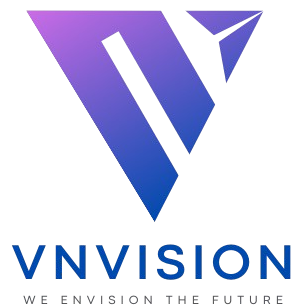Exploring Alternative Financing Programs: Unlocking Opportunities for Businesses
In today's ever-evolving financial landscape, traditional financing options may not always meet the diverse needs of businesses. Alternative financing programs have emerged as viable solutions, providing companies with the capital they need to grow and thrive. This article explores various alternative financing options, their benefits, and considerations for businesses seeking funding.
What Are Alternative Financing Programs?
Alternative financing programs encompass a range of funding sources outside of conventional bank loans and credit lines. These programs cater to businesses that may struggle to secure traditional financing due to factors such as lack of credit history, insufficient collateral, or the need for quick access to funds.

Types of Alternative Financing Programs
- Crowdfunding
Crowdfunding platforms like Kickstarter and Indiegogo allow businesses to raise funds from a large number of individuals, typically in exchange for rewards or equity. This approach not only provides capital but also helps gauge market interest in a product or service.
- Peer-to-Peer Lending
Peer-to-peer (P2P) lending platforms connect borrowers directly with individual investors, bypassing traditional financial institutions. This model often results in lower interest rates and more flexible repayment terms for borrowers.
- Invoice Financing
Invoice financing, including factoring and invoice discounting, allows businesses to borrow against their outstanding invoices. This option provides immediate cash flow, enabling companies to pay suppliers and manage operational expenses without waiting for customer payments.
- Merchant Cash Advances
A merchant cash advance provides businesses with a lump sum payment in exchange for a percentage of future credit card sales. This option is particularly beneficial for retail businesses with consistent sales but may come with higher fees.
- Microloans
Microloans are small loans typically offered by non-profit organizations or community lenders. These loans are designed to support startups and small businesses that may not qualify for traditional financing due to their size or credit history.
- Equity Financing
Equity financing involves raising capital by selling shares of the business to investors. This option can be appealing for startups looking to scale quickly, but it requires giving up a portion of ownership and control.
Benefits of Alternative Financing
Considerations When Choosing Alternative Financing
While alternative financing programs present numerous advantages, businesses should carefully consider the following factors:

- Cost: Some alternative financing options, such as merchant cash advances, may come with higher fees or interest rates. It's essential to evaluate the total cost of borrowing and compare it with potential returns.
- Repayment Terms: Understanding the repayment structure is crucial. Some options may require daily or weekly payments, which could strain cash flow.
- Impact on Ownership: Equity financing dilutes ownership, which may not align with every business owner's goals. It's important to weigh the benefits of capital against the loss of control.
- Reputation of Lenders: Researching the credibility and reputation of alternative lenders is vital to avoid predatory practices. Look for reviews, testimonials, and any regulatory compliance.
Conclusion
Alternative financing programs play a crucial role in the modern business ecosystem, offering diverse funding solutions that cater to various needs and circumstances. By understanding the different types of alternative financing available, their benefits, and the considerations involved, businesses can make informed decisions that align with their growth objectives. As the financial landscape continues to evolve, embracing alternative financing can unlock new opportunities for innovation and success.
In summary, whether you're a startup seeking initial capital or an established business looking to expand, exploring alternative financing options could be the key to achieving your financial goals. With careful consideration and strategic planning, these programs can help businesses navigate the complexities of funding in today's dynamic market.

